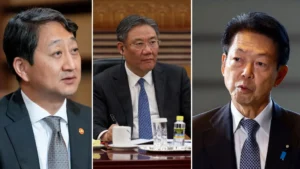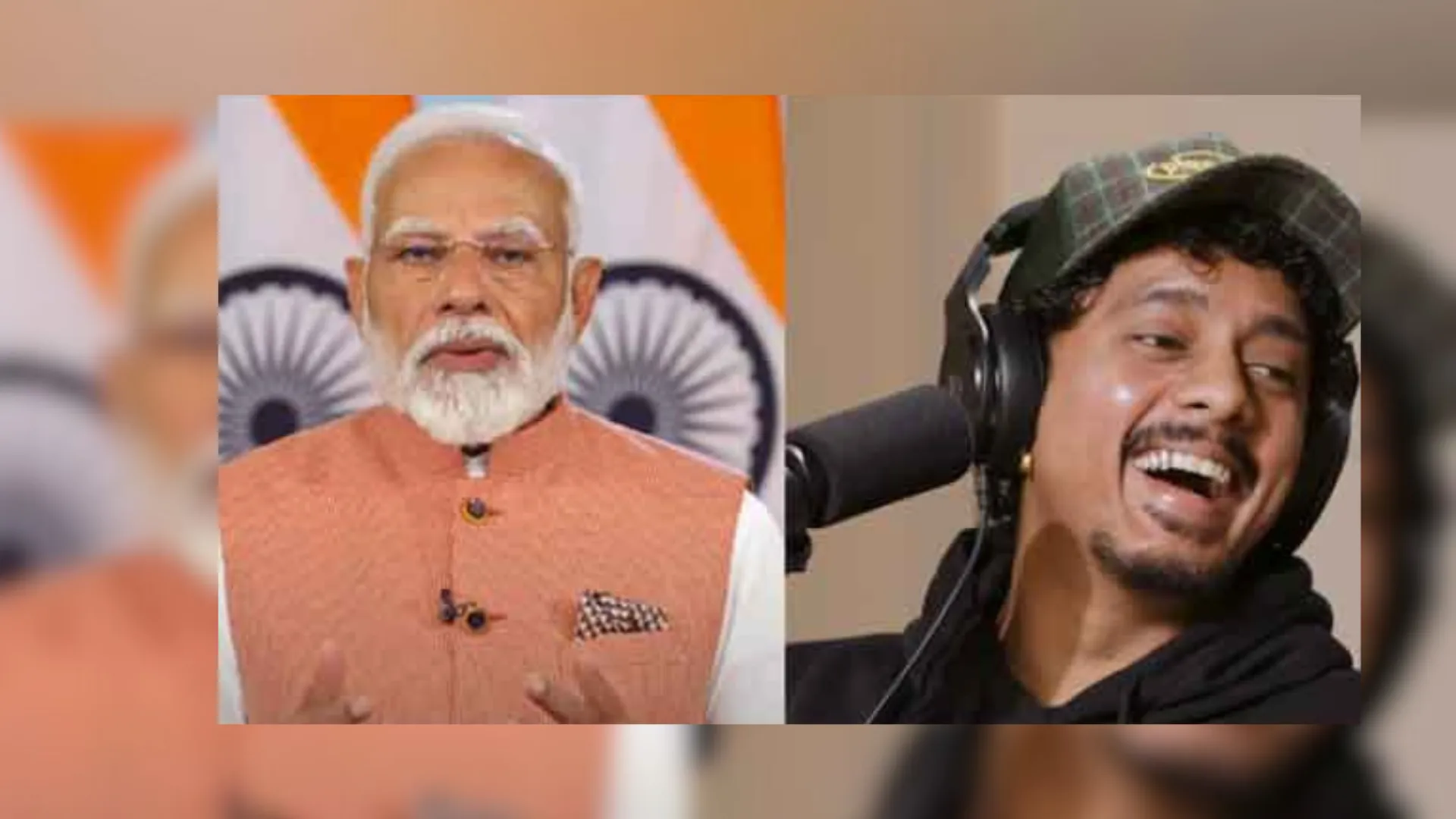Delhi’s Lieutenant Governor, VK Saxena, has authorized the prosecution of renowned author Arundhati Roy and former Professor of International Law at Central University of Kashmir, Dr. Sheikh Showkat Hussain. This decision, under Section 45(1) of the Unlawful Activities (Prevention) Act, stems from a case filed as FIR No. 258/2010, dated November 29, 2010, under Sections 124-A, 153, 153B, 504, and 505 of the Indian Penal Code (IPC), and Section 13 of the UA (P) Act.
The FIR itself was initiated based on a complaint lodged by Sushil Pandit on October 28, 2010. Previously, in October 2023, the LG had granted sanction under Section 196 of the Criminal Procedure Code (CrPC) to prosecute the accused for offenses relating to Sections 153A, 153B, and 505 of the IPC.
Arundhati Roy and Dr. Sheikh Showkat Hussain are alleged to have delivered provocative speeches during a conference titled “Azadi – The Only Way,” held on October 21, 2010, at LT Auditorium, Copernicus Marg, New Delhi. The conference reportedly advocated for the separatist agenda of Kashmir from India.
Delhi LG, VK Saxena has sanctioned the prosecution of Arundhati Roy and former Professor of International Law in Central University of Kashmir, Dr. Sheikh Showkat Hussain. The FIR in the matter was registered on a complaint made by Sushil Pandit on 28.10.2010. Roy and Hussain had… pic.twitter.com/HzvVcCayg7
Advertisement · Scroll to continue— ANI (@ANI) June 14, 2024
Among the speakers at the event were prominent figures such as Syed Ali Shah Geelani, SAR Geelani (the main organizer and a prime accused in the Parliament attack case), Arundhati Roy, Dr. Sheikh Showkat Hussain, and Maoist sympathizer Vara Vara Rao. The discussions and speeches delivered during the conference have been cited as propagating sentiments against the integrity of India.
The authorization to prosecute under UAPA marks a significant step in addressing the legal implications of speech that allegedly undermines national sovereignty and communal harmony. The decision is expected to spark debates regarding freedom of expression versus national security concerns, echoing broader societal and legal implications.
The case is set to unfold amidst heightened scrutiny of public discourse and its ramifications on national unity and the legal framework governing speech in India. As the legal proceedings commence, stakeholders from various sectors are likely to closely monitor its progression and its potential impact on the contours of free speech in a democratic society.
The decision to prosecute under UAPA raises questions about free speech versus national security concerns. It sets a precedent for future cases involving controversial speech and its legal consequences.






















